Tiny houses for Tuans: Seeking YOUR help to combat a wildlife housing crisis
Posted on 2 March, 2022 by Jess
We all know how difficult it can be to secure housing in (or around) Castlemaine right now! But did you know it’s not just people facing a housing crisis in the Mount Alexander area? Many native birds and mammals need tree hollows as homes to protect them from predators and raise their families.
Missing tree hollows
The Mount Alexander region of central Victoria has a long history of removing large old trees with hollows for gold mining, agriculture, and timber and firewood harvesting, leading to a housing crisis for our wildlife. In Australia, it can take hundreds of years for trees to form natural hollows. Due to the profound environmental change caused by European colonisation and the gold rush, many trees in our region are still young. Regrowth and revegetation are great, but they can’t readily replace the number and types of tree hollows that our wildlife desperately need to survive.
The Brush-tailed Phascogale
The Tuan (also known as the Brush-tailed Phascogale) is a very cute hollow-dependent marsupial carnivore that can easily be identified by its characteristic black brushy tail. Phascogales eat mainly invertebrates, and forage for food on and under the bark of trees, on logs, and in leaf litter on the ground. They have an extraordinary life history – all males die from stress following their first breeding season before they reach one year of age. This threatened species is in decline in Victoria and has undergone substantial range contractions and regional extinctions. Key threats include predation by cats and foxes, climate change and drought, habitat removal and degradation, and the extensive loss of trees with hollows. Recent research has highlighted that the Mount Alexander region is a stronghold for tuans and is important for the future conservation of this species.
Our nest box program
In 2010, Connecting Country installed 450 high-quality, specially-designed phascogale nest boxes (effectively, ‘tiny houses’) across 150 sites in the Mount Alexander region. We have an amazing team of skilled, hardworking volunteers who now monitor at least a subset (300) of these nest boxes frequently. Monitoring results indicate that small native marsupials perceive our nest boxes as valuable to provide shelter from predators and to rear their young. At least 150 nest boxes (35%) have had evidence of use by tuans. Another native animal, Krefft’s glider (formerly known as the Sugar Glider) uses our nest boxes too – nearly 90% of our nest boxes have been used by this species at some stage since 2010. Our monitoring program is robust. Thanks to a collaboration with scientists from La Trobe University, the results of our study were recently accepted for publication in the international scientific journal Wildlife Research.
We purchase high-quality nest boxes from Wildlife Nestboxes, a local business based in Castlemaine. These are thoughtfully designed: made with high-quality plywood, a sloping roof to keep the rain out, and have an entrance that is just large enough for a tuan to use, while keeping predators out.
Nest box maintenance
Unlike natural tree hollows, nest boxes typically have a shorter useful life of 5-20 years. They are exposed to the elements, and inevitably degrade and need replacing and maintenance over time. During our last survey in autumn 2021, 96 nest boxes required maintenance of some kind. Several volunteers raised concerns about this and expressed enthusiasm to replace or repair nest boxes, with one volunteer commenting: ‘it just makes me so sad to think that all these nest boxes are not able to be used by phascogales’. Based on expert advice, the most efficient and safe approach is to swap broken nest boxes with a new one on-site, then repair broken nest boxes (where possible) at a workshop at a later date. The repaired nest boxes can then be re-installed when another box eventually degrades.
Nest box monitoring 2022
In partnership with our volunteers, private landholders and Landcare groups, and thanks to a generous grant from the WIRES national grant program, volunteers will monitor nest box sites again in autumn 2022. This provides an ideal opportunity for us to replace broken nest boxes. We are very grateful to landholders and Landcare groups involved in the program who allow site access, to our volunteers for contributing their expertise and time to monitoring our nest boxes. We also acknowledge WIRES for providing funding to help us keep our volunteers safe, well-equipped and supported, and carefully collate and report on our data. We are extremely proud of this project, and this year, we believe a small additional investment will go a long way to provide homes for wildlife.
We are reaching out to our community for support to purchase new nest boxes and provide new, safe, tiny houses for Tuans.
Buy a nest box to provide ‘Tiny houses for Tuans’
Donating to our ‘Tiny Houses for Tuans’ campaign provides excellent value for your investment:
- 100% of funds donated to this project will be spent directly on nest boxes and their installation – providing a brand-new, high-quality, tiny home for a marsupial. We already have the resources to manage the project and install the nest boxes.
- One high-quality nest box costs $100, and we are seeking a total of $6, 000 to replace 60 broken nest boxes. Any additional donations will be used to repair broken nest boxes, and to replace nest boxes that wear out in future.
- Nest boxes will be installed by volunteers at the same time as they are visiting the sites for monitoring, making this a highly-efficient project.
- As we are purchasing from Wildlife Nestboxes, funds will support a local small business.
- Replacing broken nest boxes will bring joy to project participants: skilled volunteers, landholders, associated Landcare groups, and staff, many of whom care deeply about phascogales and their conservation.
- Our 12 year track record demonstrates the value of nest boxes in providing supplementary habitat and a monitoring tool.
Donate today via our Give Now page – click here
We have a secure only payment system and all donations (>$2) to Connecting Country are tax deductible.
Can’t donate? Here are some other ways you can help threatened tuans:
- Keep pets, especially cats (known predators of phascogales), indoors at night when tuans are active
- Retain leaf litter, logs, and trees (especially mature trees) on your property, as these provide foraging and den resources for tuans
- Provide your own ‘Tiny Houses’ – consider installing nest boxes on your property
- Contribute to restoring healthy forests by joining your local Landcare or Friends group. To find a group – click here
- Consider volunteering on Connecting Country’s monitoring project (next surveys in autumn 2022) – email jess@connectingcountry.org.au to register your interest
- Share our campaign with your friends and networks.


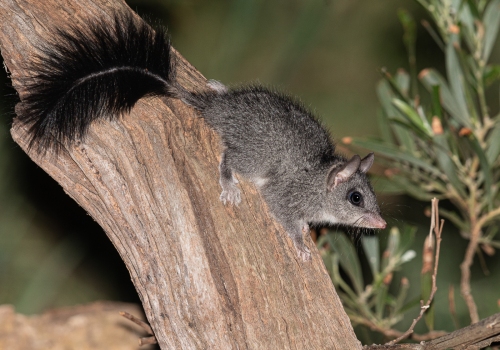


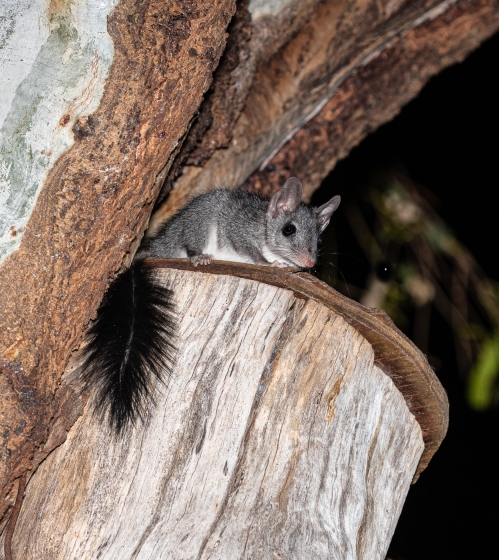




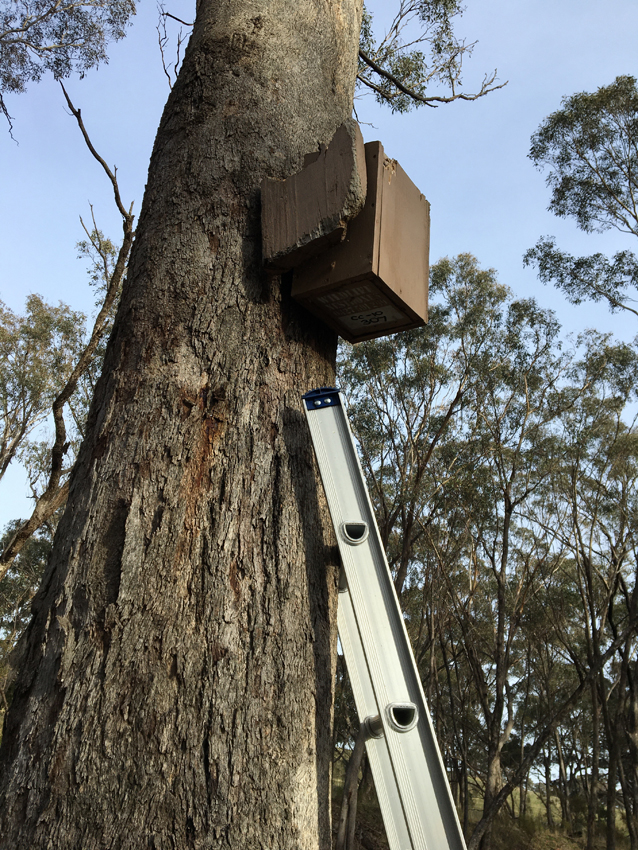











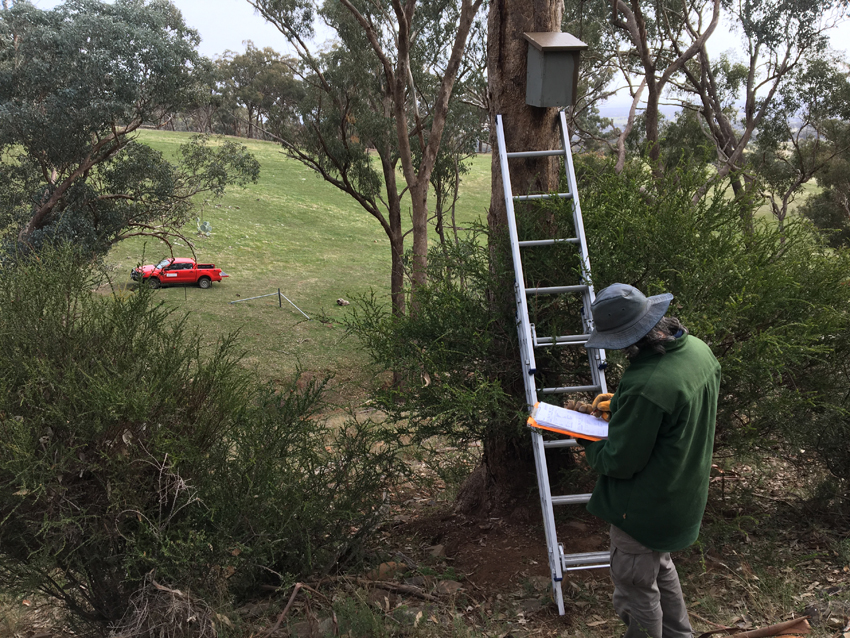












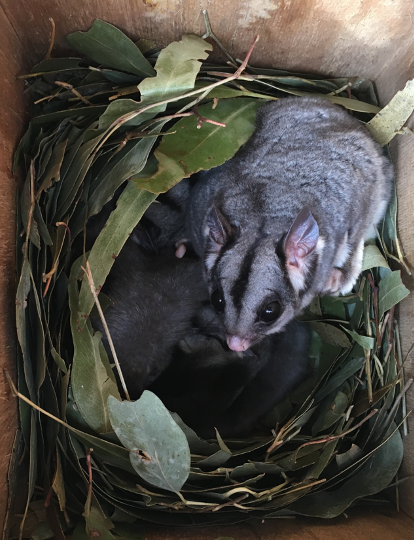






Leave a Reply